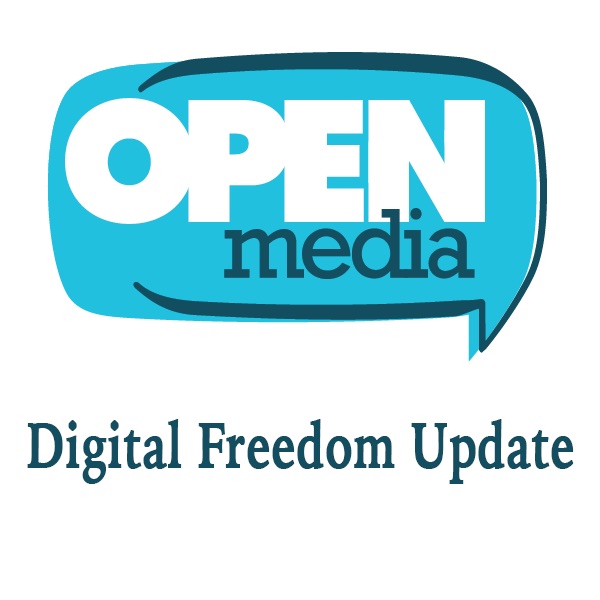Like this article? rabble is reader-supported journalism. Chip in to keep stories like these coming.
Internet censorship. Website block lists. Stiff financial penalties for Internet providers who allow their customers to view sites forbidden by the government. This may the stuff of day-to-day life in authoritarian regimes, but it’s certainly not the sort of thing you’d expect to see here in Canada.
Sadly, an extreme new law recently passed in Quebec means all of this could soon be the reality right here at home. The province’s Bill 74 empowers Loto-Quebec, a government agency that oversees gambling activities in Quebec, to draw up a list of websites that Internet providers would be forced to block, effectively giving the provincial government the ability to determine what its citizens can and can’t view online.
Internet providers that refuse to block these websites would face crippling fines of up to $100,000 — despite the fact that implementing the legislation would be “extremely complicated and extremely costly,” as Bram Abramson of independent Internet Service Provider Teksavvy has warned.
This website blocking proposal is a terrible idea for a number of reasons. First, it clearly undermines Canadians’ ability to access information freely (an essential component of our Charter rights to freedom of expression).
Second, it’s an obvious breach of Net Neutrality — the rules that keep Canada’s Internet free and open. As telecom expert Michael Geist points out in his Toronto Star column:
Unlike other countries which have dabbled in mandated takedowns or Internet filtering, Canada has largely defended an “open Internet.” … In fact, the Telecommunications Act stipulates that “a Canadian carrier shall not control the content or influence the meaning or purpose of telecommunications carried by it for the public.”
Thirdly, in Canada it is the federal government, rather than provincial governments, that has jurisdiction over telecommunications, so Quebec is unconstitutionally meddling with our telecommunications system. The Canadian Wireless Telecommunications Association have challenged this in court, while the Public Interest Advocacy Centre also recently filed a formal complaint with regulators at the CRTC.
Despite all these serious concerns, Quebec’s government pushed ahead and rammed Bill 74 through anyway, effectively placing its desire to maximize gambling profits ahead of Quebec citizens’ right to a free and open Internet.
This reckless decision puts all Canadians, not just Quebecers, on a slippery slope toward Internet censorship. If gambling websites can be blocked, then what next? To take just one example, we’ve already seen how large media conglomerates are trying to use international deals such as the Trans-Pacific Partnership to enforce website takedowns on copyright grounds.
If we don’t put a stop to this, we could soon start to see a great deal of our favourite content disappear from the Internet for all kinds of spurious reasons. Thankfully, there’s already a big pushback from worried Canadians. A petition to Quebec lawmakers launched recently by my organization, OpenMedia, and Canadian Journalists for Free Expression, secured over 10,000 signatures in just a few days.
We’ll continue to work with Canadians to ensure this irresponsible legislation gets overturned. Readers can help out by signing the petition at https://act.openmedia.org/bill74 (en francais: https://act.openmedia.org/loi74) and we’ll be sure to keep you in the loop as things develop.
David Christopher is communications manager for OpenMedia, which works to keep the Internet open, affordable, and surveillance-free.
Like this article? rabble is reader-supported journalism. Chip in to keep stories like these coming.



